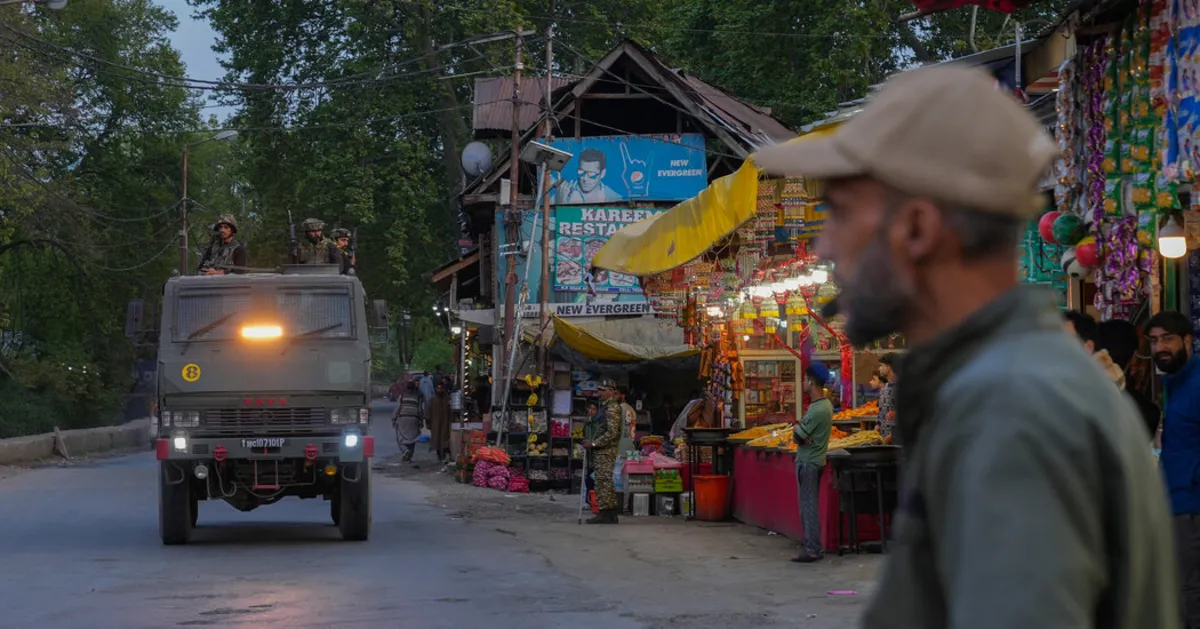
On Tuesday, militants launched a brutal attack on a group of tourists in the Indian-controlled region of Kashmir, resulting in the tragic deaths of at least two dozen individuals and leaving many others injured, according to reports from local media. This heinous act took place in the stunning Baisaran Valley, an area renowned for its breathtaking pine-covered hills and valleys, which has long been a favorite destination for Indian travelers. The incident marks one of the worst assaults against civilians in the region in recent years, as noted by Omar Abdullah, the Chief Minister of Jammu and Kashmir.
In the wake of this devastating attack, Indian Prime Minister Narendra Modi condemned it as a “terror attack” and vowed that “those behind this heinous act will be brought to justice.” The attack's timing and location have raised significant concerns about the safety of tourists in Kashmir, a region often caught in the crossfire of separatist violence. Eyewitness accounts reveal a harrowing scene, with the bodies of the injured and deceased tourists being transported from the hills via horseback and all-terrain vehicles.
Binu Bhai, one of the injured survivors, recounted the horror of the event, describing how he sustained bullet wounds to both arms and legs. He noted the chilling sight of around a dozen lifeless bodies on the ground as gunmen opened fire indiscriminately at the tourists from behind the cover of bushes. This incident highlights the ongoing challenges faced by the tourism sector in Kashmir, which has been plagued by violence and instability for decades.
The Kashmir region has been a contentious area since its division in 1947 between India and Pakistan, leading to decades of separatist violence that has claimed thousands of lives. While bloodshed has decreased in recent years, particularly following Prime Minister Modi’s revocation of Kashmir's special status, the region remains under tight security measures. The Indian government has maintained strict control over Kashmir, employing substantial security forces and suspending democratic processes for years.
Despite the challenges, domestic tourism to Kashmir has seen a resurgence, largely due to the Modi government's efforts to promote the region as a safe and stable travel destination. However, this latest attack poses a significant threat to the ongoing growth of tourism in Kashmir, as safety concerns may deter potential visitors. The picturesque landscapes and rich cultural heritage of Kashmir continue to attract tourists, but incidents like this raise pressing questions about the security and safety of travelers in the region.
As the situation develops, the local and national government faces the urgent task of restoring safety and confidence among tourists and residents alike. The impact of this tragedy will undoubtedly resonate throughout the region, challenging the image of stability that has been a focus of recent government initiatives.